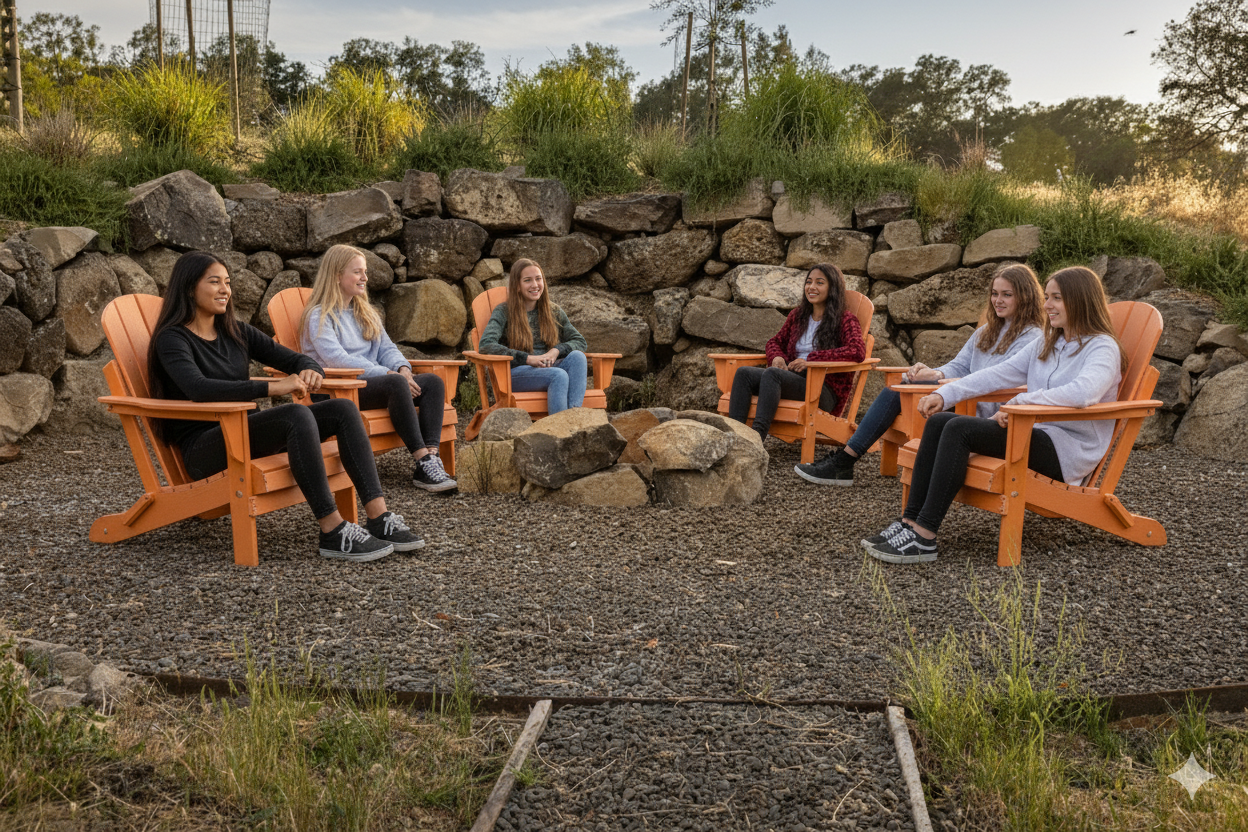No matter how the laws change in terms of legalizing marijuana for medicinal or recreational purposes, it is always harmful to the development of teenager’s brain. No amount of experimentation with marijuana is harmless at this age, and if your son is using the drug for any purpose, don’t hesitate to put a stop to it.
The US Department of Health and Human Services reports that once your teen gets to college, if his use of marijuana continues, it increases his chances of dropping out before he gets his degree. If your son is already abusing marijuana before he goes, chances are that his use will increase once he’s out of the house and he may start dabbling in the use of other drugs as well.
Discontinuous Enrollment
“Discontinuous enrollment” is the term used to describe those students who take a semester or more off, switch to part-time studies, or walk away from their full-time dedicated pursuit of a college education at any time for any reason.
Dr. Amelia Arria is the author the study that identified the link between marijuana use and discontinuous enrollment among college students. She’s also the director of the Center on Young Adult Health and Development at the University of Maryland School of Public Health. Said Arria, “We wanted to look at whether or not drug use interferes with goals students had set for themselves. Our results show that marijuana use is not a benign thing. Marijuana use was still a predictor of discontinuous enrollment.”
The key factor to note is that it wasn’t just participants who used marijuana frequently (17 days or more per month) who had an increased chance of dropping out of school. Those who got high between three and 12 days per month had a higher drop out rate as well.
Nip It in the Bud
If your son experiments with marijuana, you have the best shot at helping him get back on track if you intervene before he heads off to college. As long as he is underage, you can enroll him in therapeutic intervention, treatment programs, and other care measures that can help him to reprogram his understanding of how marijuana works in the brain and the body, how its use affects cognitive functioning and memory in the long-term, and the risks of continued use. The more positive coping skills he has under his belt, the more likely he will be to make positive choices once he gets to college.
Contact us today at Muir Wood to learn more about how we can help your son get back on a positive and healthy track in life.









